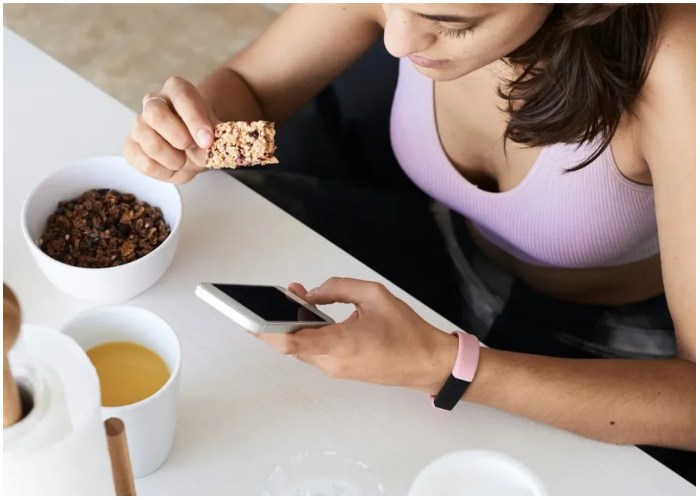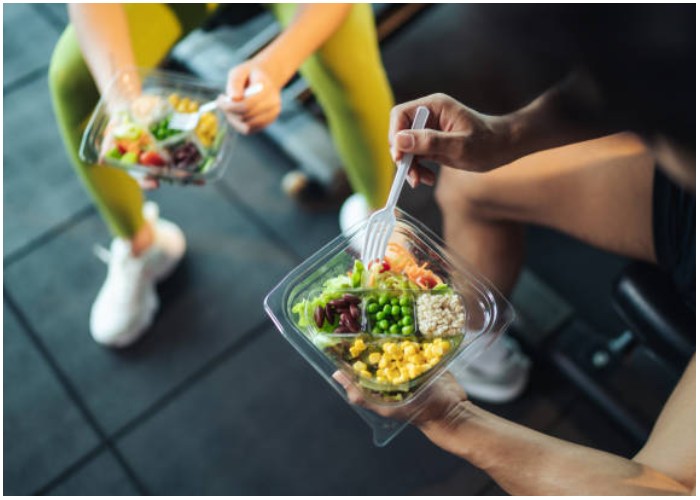Eating and exercise go hand in hand. Knowing when and what to eat can significantly impact your workout performance. Whether you’re engaging in a casual workout or training for a competition, proper nutrition can help you feel better and perform at your best. The right balance of food and timing can provide the energy you need to perform optimally while avoiding feelings of sluggishness or lightheadedness. From pre-workout meals to post-exercise snacks, understanding the connection between eating and exercise is crucial. This guide offers practical tips on how to fuel your body effectively before, during, and after your workouts. By paying attention to your diet and hydration, you can maximize your workout benefits and enhance your overall fitness journey. Here are five essential tips to get you started.
Start with a Healthy Breakfast
If you exercise in the morning, it’s essential to have breakfast at least one hour before your workout. Studies show that consuming carbohydrates before exercise can enhance performance, allowing you to work out longer and at a higher intensity. Without adequate fuel, you might feel sluggish or lightheaded. Good breakfast choices include whole-grain cereals or bread, low-fat milk, juice, bananas, and yogurt. If you typically have coffee in the morning, a cup before your workout is fine. Be cautious when trying new foods or drinks before exercising, as they might upset your stomach.
Mind Your Portion Sizes
Avoid overeating before exercise, as it can make you feel sluggish. General guidelines suggest eating large meals at least 3 to 4 hours before exercising, while small meals or snacks can be eaten 1 to 3 hours before exercise. Eating too little might not provide the energy needed for a strong performance. Finding the right balance is key to ensuring you feel energized without being weighed down.

Snack Wisely
Most people can handle small snacks before and during exercise. While snacks eaten shortly before exercise may not boost your energy if your workout is under 60 minutes, they can prevent hunger. For workouts lasting longer than an hour, consider a carbohydrate-rich snack or drink to maintain energy levels. Good snack options include energy bars, fresh fruit, yogurt, smoothies, whole-grain bagels, low-fat granola bars, peanut butter sandwiches, sports drinks, or diluted juice. A healthy snack is especially important if you plan to exercise several hours after a meal.
Refuel After Exercise
Post-workout nutrition is crucial for muscle recovery and replenishing glycogen stores. Aim to eat a meal containing both carbohydrates and protein within two hours of exercising. If your next meal is more than two hours away, consider having a snack. Ideal post-workout food choices include yogurt with fruit, peanut butter sandwiches, low-fat chocolate milk with pretzels, recovery smoothies, or turkey on whole-grain bread with vegetables. Proper refueling helps your body recover and prepares you for your next workout.

Stay Hydrated
Drinking enough fluids before, during, and after exercise is vital to prevent dehydration. The American College of Sports Medicine recommends drinking 2 to 3 cups of water 2 to 3 hours before your workout, and about 1/2 to 1 cup every 15 to 20 minutes during exercise. Adjust the amount based on your body size and the weather. After exercising, drink 2 to 3 cups of water for every pound lost during the workout. While water is generally the best option, sports drinks can be beneficial for workouts exceeding 60 minutes, as they help maintain electrolyte balance and provide additional energy from carbohydrates.
Personalize Your Routine
The length and intensity of your activity will determine how often and what you should eat and drink. For instance, running a marathon requires more energy than a shorter run or walk. Avoid introducing new foods or drinks before a long event to prevent any adverse reactions. Everyone’s needs are different, so pay attention to how your body responds to various foods and adjust your eating habits accordingly. Keeping a journal can help track how different meals and snacks affect your performance, allowing you to fine-tune your diet for optimal results.